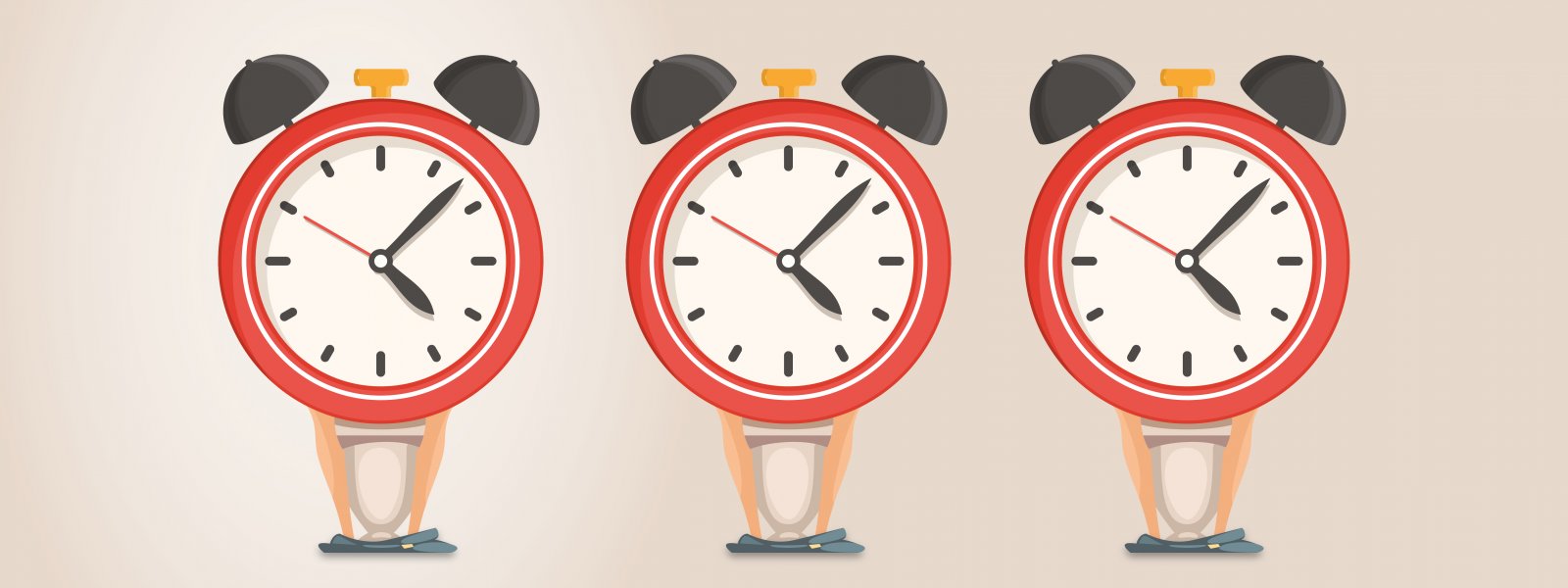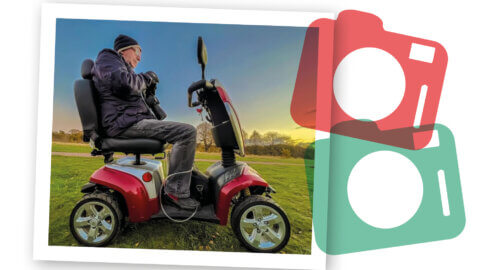Regular as clockwork
By consultant pharmacist Dr Neil Hamilton.
Before you start to read this edition’s ‘advice from the pharmacist’ section, be aware that we are talking about bowel habits. So if you’re about to eat – you maybe want to enjoy that first then come back to us!
Incontinence and constipation may seem trivial but both can make people feel terrible, so the impact of them is not to be underestimated. Both are potentially major issues, which may be remedied or potentially avoided by lifestyle changes. However if you are struggling then accessible advice is always available over the counter at your local pharmacy with very few treatments options being “prescription-only”. If it is any reassurance, and you experience bowel problems, you are not alone.
An NHS report from last year estimated that 6.5 million adults in the UK suffer some form of bowel problem. Nearly 1 in 10 of the population are affected by faecal incontinence and 0.5-1% adults experience it regularly enough to affect their quality of life. Whilst faecal incontinence is closely associated with age; it is reported to be affecting 15% of the over 85s living at home and even more common in residential and nursing homes. However this is not only a concern of adults, with 900,000 children and young people in the UK suffering bladder or bowel problems too.
It is also worth bearing in mind that these figures may be an under-estimate, as people may not seek advice because they are embarrassed, as with many common ailments, some people feel uncomfortable asking for advice about their bowel habits; whether their problem is going too often or not enough. This reluctance is unfortunately misguided, and either way the problem is often easily rectified. Where simple remedies are not successful, early intervention of more serious issues is highly likely to improve the outcome in the long term.
Having put this hugely common complaint in a national context, I will now give some ideas for people who may be suffering in silence and yet to seek help. More good quality advice can be found on the NHS Choices website. Whilst the web can be immensely helpful if you know to look in the right places, tapping into “Dr Google” can also throw up millions of results, many of which link to unverified, poor quality information. Be warned!
Constipation
If you do ask for advice on constipation, the first stage will always be support and encouragement for self-management. In short, this means;
- Optimising the quality of your diet; eating a healthy, balanced diet and having regular meals. The meals should include whole grains, fruits & juices and vegetables. Aim for 30g fibre per day.
- Ensure that you drink adequate amounts of fluid, especially if you are at risk of dehydration.
- Ensure that you stay as active and mobile as you are able to.
Public Health England’s “The Eatwell Guide” is a great source of information on how to maintain a healthy balanced diet.

Ensuring appropriate hydration and fluid intake is especially challenging for PH patients who suffer fluid retention or take diuretics (water tablets). Fluid restriction (which means limiting your liquid intake) to avoid fluid retention (often called oedema) can itself cause problems for the kidneys. Everyone taking water tablets will need blood tests periodically to check the kidneys and salts in the blood are within safe limits. Maintaining the right dose of water tablets to control oedema without causing dehydration (a common cause of constipation) requires expertise. Patients are advised not to alter their own doses independently without discussion with doctors.
If the constipation does not ease despite these lifestyle modifications, there are various types of medicines available, which can help. The best one to use depends on first diagnosing the likely cause of being ‘bunged up’ in the first place.
Medication that can cause constipation may include (not exclusively);
- Aluminium-containing antacids
- Diuretics
- Iron or calcium supplements
- Opioid analgesics e.g. morphine, codeine, tramadol etc.
- Antimuscarinics, e.g. oxybutynin, procyclidine
- Antidepressants, especially tricyclics e.g. amitriptyline
- Anti-psychotics e.g. quetiapine, clozapine
- Anti-epileptics / neuropathic painkillers e.g. gabapentin, pregabalin
- Anti-histamines, especially hydroxyzine
- Anti-emetics, especially ondansetron and granisetron
Where constipation is opioid induced, patients should continue with healthy dietary choices but may also need an osmotic laxative, such as macrogol (e.g. laxido®) and maybe a stimulant (e.g. senna or docusate).
Where opioids are not involved, a suitable first choice is a bulk-forming laxative such as ispaghula (fybogel® or similar). A popular choice in my experience is senna for occasional use. Senna is a stimulant laxative and has its effect about 12 hours after the dose. If this works for you, then there is no need to change to an alternative.
Whilst we may not all be taking up Dry January, Stoptober or increasing our time exercising, simple lifestyle changes in terms of eating more of the right things at the right times can help keep us all ‘regular as clockwork’. This is a new year’s resolution that we would all be better off sticking to in 2019!
Dr Neil Hamilton
Note that some laxatives, especially osmotic laxatives will not give an immediate effect, may take a few doses to work and so should not be taken as single doses to help relieve short-term problems. They need to be taken regularly in the minimum dose needed to maintain a regular bowel habit. In any event, try and improve diet and hydration in addition to any medication to try and prevent ongoing issues. Once normal stools are being formed and easily passed three times a week, the laxatives can be stopped.
I cannot emphasise strongly enough (without stating the obvious!) how vital maintaining normal bowels habits can be. Excessive straining during episodes of constipation poses additional risk for patients with PH. It is not unheard of for our patients to feel very dizzy and worse still black out when straining on the toilet.
Incontinence/diarrhoea
A more frequent need to open your bowels is every bit as distressing as constipation and with some more serious causes. If you notice diarrhoea / incontinence which has persisted for more than four weeks you need to seek medical advice. Clearly if you notice more worrying signs such as potential blood in the stools and unexplained weight loss these need to be investigated more urgently.
Usually, diarrhoea is short-lived and may be down to eating the wrong thing, short-term infections such as norovirus or and drinking local water/ice when you’re travelling. These are usually self-limiting and taking medication such as loperamide (Imodium) if absolutely essential may provide sufficient relief.
Some medications, most notably the prostanoids used in PH can cause loose motions. If this is the case, discuss with your specialist centre for personal advice. Temporary symptoms may be managed with loperamide but ongoing issues may warrant a reduction in the dose of one or more medications. Always check with the experts if you have concerns.
















